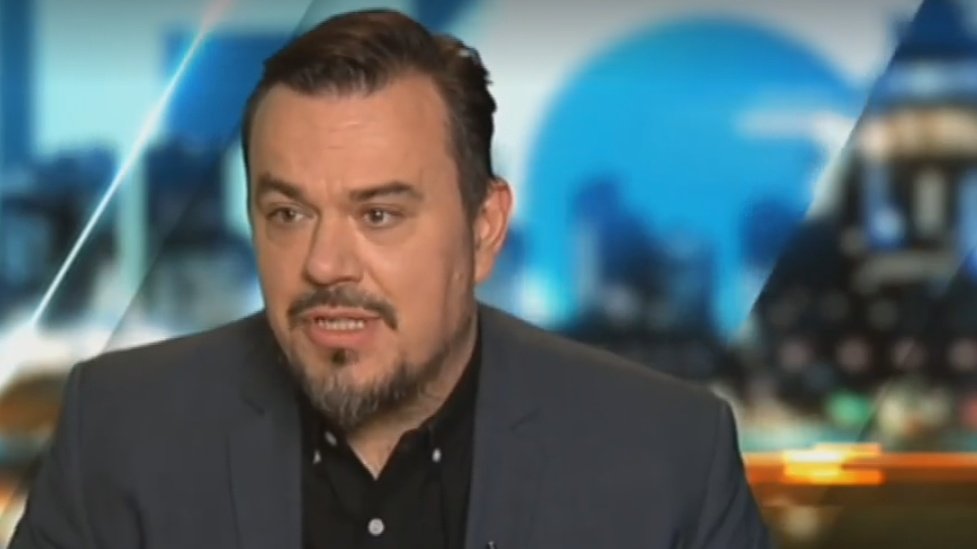Musicians don’t live as long as normal people. In fact, the life expectancy of the average musician in the western world is a shockingly mere 57-years.
Shihad drummer Tom Larkin has gone on Ten’s The Project to discuss this shocking trend in the wake of the heartbreaking loss of grunge pioneer and all-around music legend Chris Cornell last week, who committed suicide at the age of just 52.
Like many of his peers, Larkin spoke of the far-reaching impact that the “game changer’s” music had on both himself and his bandmates, but he also used the still-fresh tragedy of the Soundgarden and Audioslave frontman’s passing to highlight the very important issue of mental health struggles in the arts.
“We’re talking about a very vulnerable group of people who are in a very high stress and anxious environment. And it’s tough to survive long term,” the beatsmith said.
And while he conceded that the loss of the infamously introverted and reserved Cornell was a shock, Larkin also argued that, on the other hand — considering statistics about musicians and their mental health struggles — it wasn’t really that shocking at all.
“Music itself attracts people whose way of operating, and their kind of creative gifts, also have another side,” he explained. “It means that they’re more sensitive, and they’re more likely to be overwhelmed, and particularly overwhelmed by aspects of life, that others are more resilient and able to take in their stride, can often knock someone who’s sensitive and creative, right over.
“Add to that fact the environment of the music industry is in fact a brutal one, and it’s brutal in terms of he kinds of psychological climate that it can have, the permissiveness around drug and alcohol use, and also economically. For instance, in Australia, 80% of all musicians exist under the minimum wage.
He continued: “The general population has this statistic of 1 in 5 [with] a propensity towards mental illness, or depression and anxiety, and actually with musicians its 1 in 3.”
The Shihad tubthumper also offered some very poignant reflections on the stereotype of the “tortured artist”.
“One of the biggest myths around artistic creativity is the idea that you’ve got to be miserable to tell great stories, or you’ve got to be crazy in order to make great art,” Larkin mused. “The fact remains that it’s not quite true. What happens is that people who are miserable create very little art, it’s only when they get some clarity or some perspective on that misery that they’re able to see something else and see the story that they’ve lived through and then create that art.
“But the bottom line is that most creative people need clarity and health in order to produce great work, and that’s the thing I’d like to see change and come out of this.”
Watch his full interview below, and head here to reminisce on 8 Mind-blowing moments from Chris Cornell’s stellar career or here to see Corey Taylor, LIVE & Bush perform a heartbreaking musical tribute to the fallen rock legend.
If you or anyone close to you needs help or information regarding mental health, contact Lifeline on 13 11 14 or Beyond Blue on 1300 224 636.












